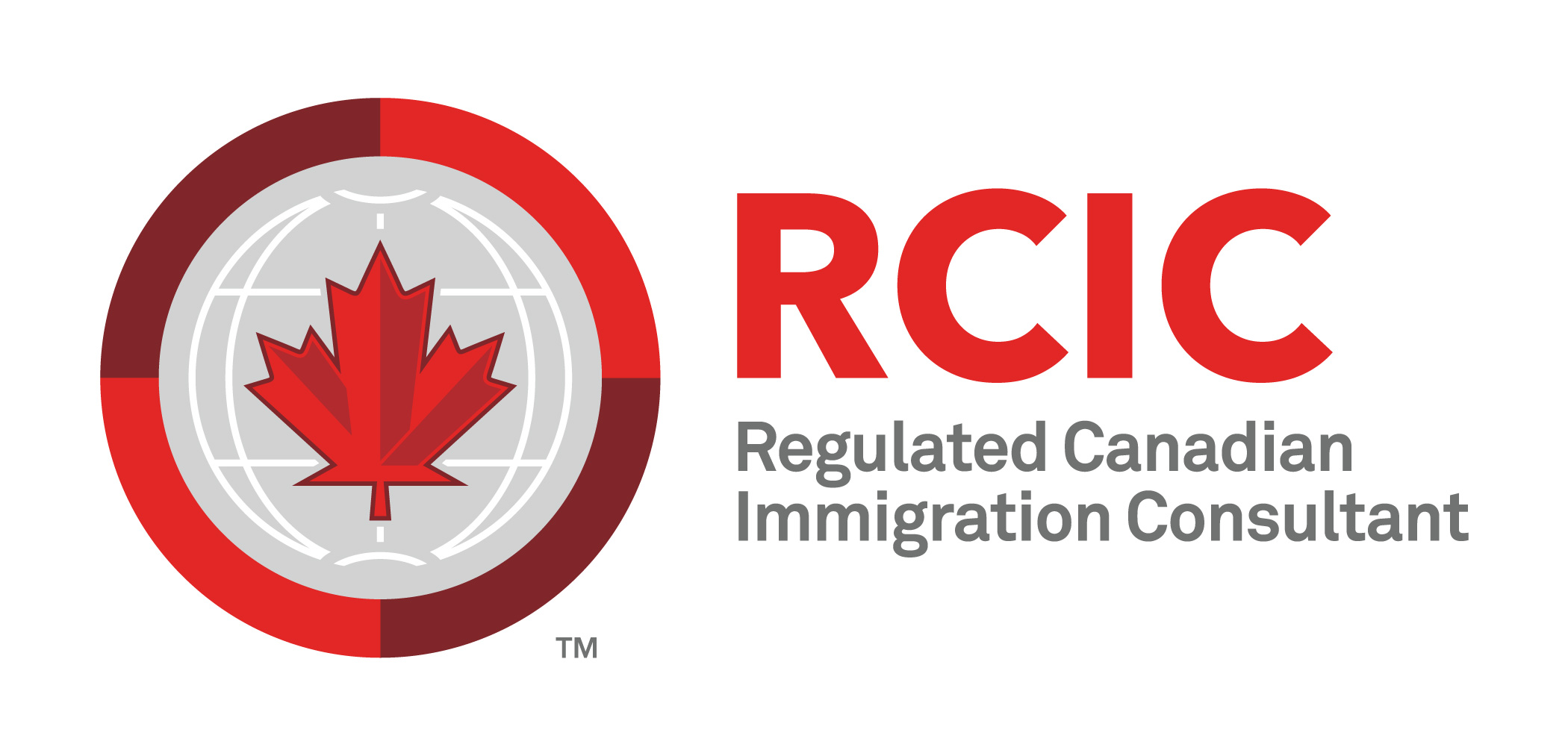Canada immigration programs uses the National Occupational Classification (NOC) to decide if a job or type of work experience meets their eligibility. Immigration system considers “skilled” jobs those with NOC Skill Type 0, A or B based on 2016 version of the NOC.
The National Occupational Classification (NOC) is the national reference for occupations in Canada. It provides a systematic classification structure that categorizes the entire range of occupational activity in Canada for collecting, analyzing, and disseminating occupational data for labor market information and employment-related program administration. Occupational information is of critical importance for the provision of labor market and career intelligence, skills development, occupational forecasting, labor supply and demand analysis, employment equity, and numerous other programs and services.
For immigration purposes, the main job groups are:
- Skill Type 0 (zero): management jobs, such as:
- restaurant managers
- mine managers
- shore captains (fishing)
- Skill Level A: professional jobs that usually call for a degree from a university, such as:
- doctors
- dentists
- architects
- Skill Level B: technical jobs and skilled trades that usually call for a college diploma or training as an apprentice, such as:
- chefs
- plumbers
- electricians
- Skill Level C: intermediate jobs that usually call for high school and/or job-specific training, such as:
- industrial butchers
- long-haul truck drivers
- food and beverage servers
- Skill Level D: labor jobs that usually give on-the-job training, such as:
- fruit pickers
- cleaning staff
- oil field workers









